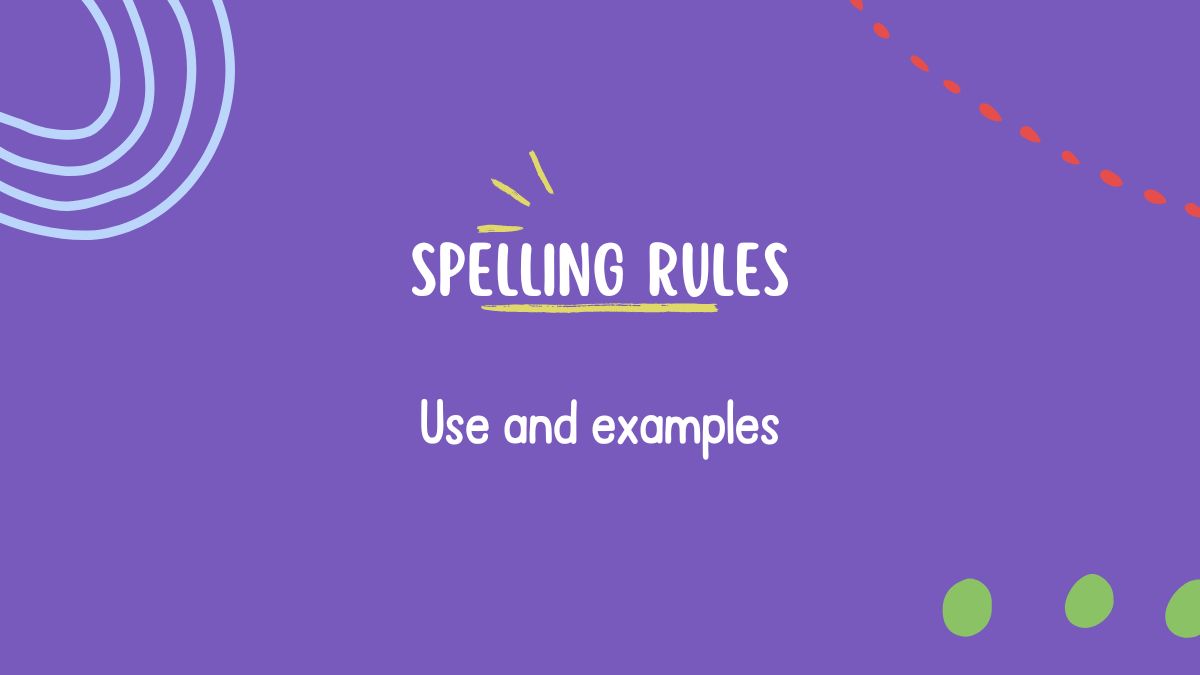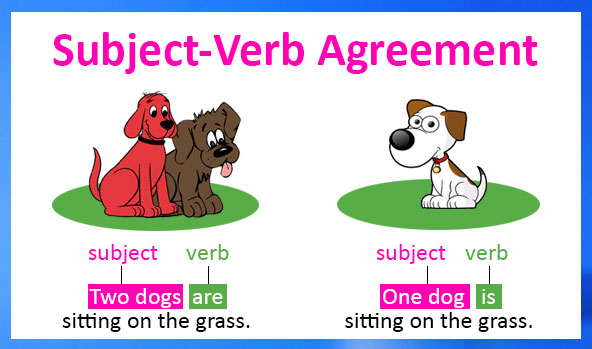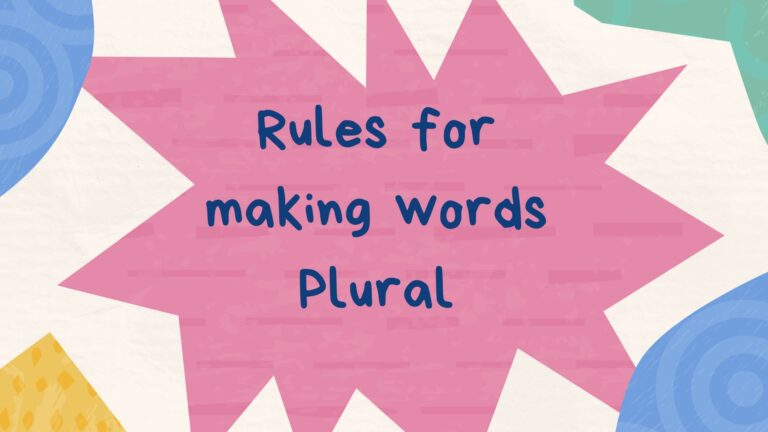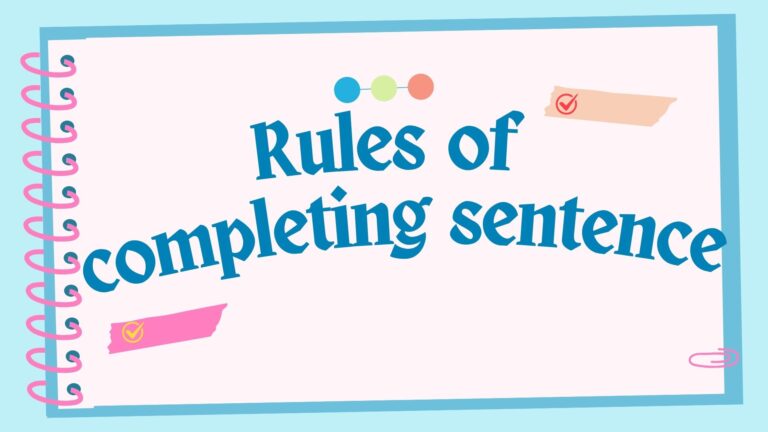Spelling Rules
Almost 30% of English words are spelled differently than they sound. Knowing spelling rules is important for clear communication. Lets look at the basic rules of English spelling. This will help you improve your writing and avoid common mistakes.
Introduction to Spelling Rules
Spelling rules help us understand how to build and write words. They bring order to a language that can feel confusing. Knowing spelling rules can improve communication. Well-spelled words show professionalism and attention to detail, while misspelled words can confuse readers and change meaning of verbs. Learning these rules helps us connect better with the words we use every day.
Importance of Spelling Rules in Communication
Spelling is important for clear communication. Mistakes can distract readers and weaken the writer’s credibility. Errors can reduce authority and make the message seem less serious. Focusing on correct spelling improves personal expression and encourages precise communication.
Common Spelling Patterns and Exceptions
ie or ei:
The rule “i before e except after c” is useful but not always right, as in the word “weird.” These exceptions show the language’s history.
Examples: Believe, relieve, field, yield, conceit
Exceptions:
Seize, protein, counterfeit, weird, surfeit, plebeian
Silent Letters:
Spelling also shows how language has changed over time. For example, silent letters in words like “knight” and “subtle” come from Germanic roots and French influence. These letters add to our vocabulary and spark curiosity about where they come from.
The Role of Prefixes and Suffixes
Prefixes and suffixes improve vocabulary by changing root words and showing different meanings. For instance, “un-” makes a word negative, and “-ness” changes adjectives into nouns. This ability adds depth to language and helps us express complex ideas. Connection between “bio-” in “biography” and “biodiversity.”
Homophones: Same Sound, Different Spelling
Homophones are words that sound the same but have different meanings and spellings. They can be funny or confusing. For example, “flour” and “flower” show how one sound can have multiple meanings. Understanding homophones helps us communicate better because words like “to,” “two,” and “too” change meaning depending on how we use them.
| Rules | Inputs | Examples | Excerptions |
| Doubling Consonants | Double the last Consonant if last syllable is stressed. | Permitted, occurred, controller | Opening, visiting |
| Final “e” | “i before e” except after “c” | Grieve, yield, receive | Seize, protein, weird |
| Silent “e” | Silent “e” when add vowel starting suffix | Making, living, duly | Agreeable |
| Final “y” | Change “y” to “i” unless the suffix starts with “i” | Carried, marriage, happily | Crying |
| Add “es” | Add “es” to nouns ending in s, x, z, ch, sh | Buses, boxes, brushes | Photos |
| Change “f” to “ves” | For nouns ending in “f, fe” | Wolves, Knives, wives | Roofs, Beliefs |
| Add prefixes | Spelling not change | Untie, illegal, unhappy | Not major |
| Add “ly” | Add to adjectives to form adverbs | Quickly, happily, gaily | Truly, fully |
Tips for Memorizing Difficult Words
To memorize tough words, create clear mental images that connect the word to its meaning. For example, picture “quintessential” as five perfect musicians singing together. This helps you remember the word better.
Another way is to use storytelling. Make a story that includes the word, which makes it more fun to remember. You can also use mnemonics by linking words to things you already know. For instance, think of a “persnickety” cat that only eats from its favorite bowl.
Lastly, practice recalling the words by testing yourself with flashcards. This strengthens your memory and helps you remember the words more easily.
Digital Tools for Spelling Assistance
In today’s digital world, spelling help has improved from simple dictionaries and spellcheckers. AI tools like Grammarly and ProWritingAid provide suggestions that make writing clearer. Mobile apps like SpellBuddy and Ghotit also assist people with dyslexia by offering audio feedback and fun learning games. This makes spelling practice enjoyable. Using these digital resources encourages everyone to improve their spelling in their own way.





